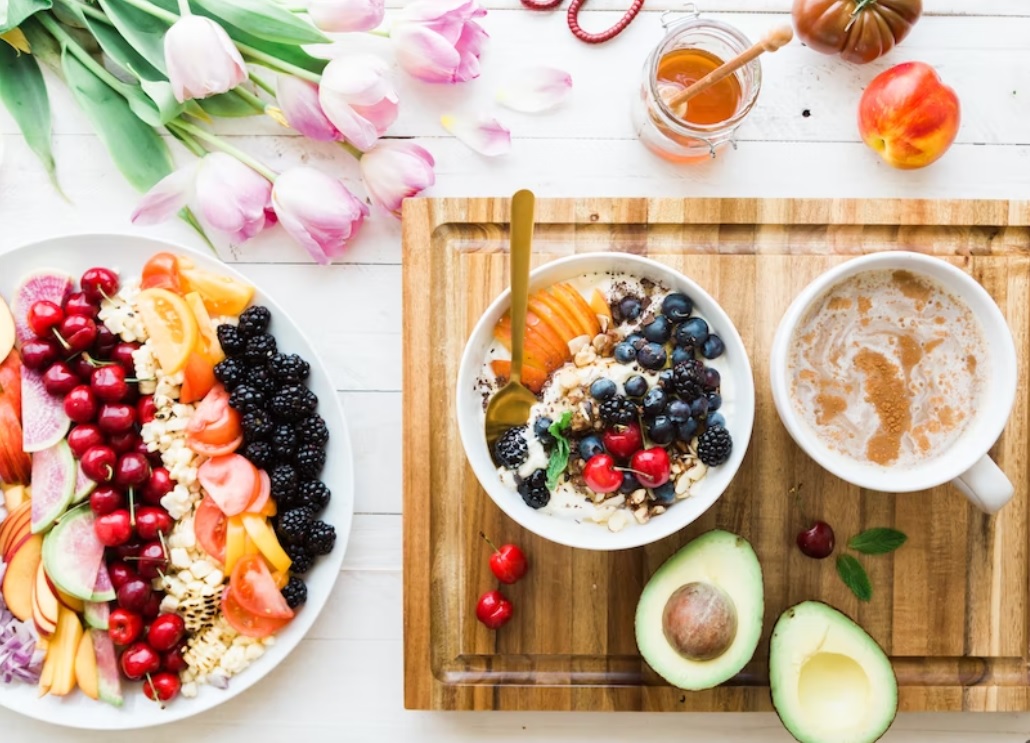Embarking on the journey of rehabilitation requires a holistic approach that encompasses not only physical therapy but also proper nutrition and overall wellness. During this crucial period of recovery, nourishing your body with the right nutrients is essential for supporting the healing process, enhancing your well-being, and rebuilding your strength. In this comprehensive guide, we will delve deeper into each aspect of nutrition and wellness, providing you with practical tips and insights to help you nourish your body effectively throughout the rehab process.
Consulting With Professionals
Navigating the complexities of nutrition during the rehab process can be overwhelming. To ensure you are providing your body with the precise nourishment it needs, consider seeking guidance from a nutritionist or dietitian experienced in rehabilitation nutrition. A trained professional can assess your individual needs and provide specific dietary recommendations tailored to your circumstances. And if you live in Sydney, you have access to a wide variety of private rehab centers that offer experienced staff and comprehensive care programs. The nutrition team at a private rehab in Sydney is specially trained to guide eating for recovery and making healthy food choices throughout the rehabilitation journey. They can help you create an individualized meal plan that takes into account your particular medical condition, lifestyle, and nutritional needs.
Balance and Variety
Achieving a balanced diet lays the foundation for providing your body with the essential nutrients it needs during rehabilitation. A diverse range of nutrients, including carbohydrates, proteins, healthy fats, vitamins, and minerals, supports various bodily functions and aids in the repair of damaged tissues. Incorporate a colorful array of whole foods into your meals to ensure you receive a wide spectrum of nutrients. Include vibrant fruits, such as berries and citrus fruits, along with an assortment of vegetables, lean proteins like chicken and fish, whole grains, nuts, and seeds. This variety will optimize your body’s functions, accelerate the healing process, and provide the energy necessary for your recovery.
Protein for Tissue Repair
Protein plays a vital role in tissue repair and regeneration, making it a crucial macronutrient during the rehab process. Incorporating lean sources of protein into your diet provides your body with the building blocks it needs to repair damaged tissues and support the growth of new cells. Opt for lean meats like chicken and fish, or consider plant-based sources such as tofu, beans, and legumes. These options provide high-quality protein while also offering other essential nutrients. If your appetite is reduced or you have difficulty meeting your protein requirements, consult your healthcare professional about protein-rich supplements or shakes that can supplement your diet effectively.
Antioxidant-Rich Foods
Rehabilitation often involves managing increased oxidative stress caused by inflammation and tissue damage. Antioxidant-rich foods play a crucial role in combating this stress by neutralizing free radicals and reducing inflammation. Including a variety of colorful fruits and vegetables in your diet provides your body with a wealth of vitamins, minerals, and phytochemicals that promote healing and strengthen your immune system. Incorporate antioxidant powerhouses such as berries, leafy greens, tomatoes, and bell peppers into your meals. These vibrant foods not only enhance the flavors of your dishes but also provide valuable nutrients to support your recovery journey.

Hydration
Proper hydration is often overlooked but is of paramount importance during the rehab process. Water is vital for maintaining optimal health as it aids in digestion, nutrient absorption, and toxin elimination. Additionally, adequate hydration supports joint lubrication and tissue hydration, facilitating the healing process. Aim to drink at least 8-10 glasses of water per day, and adjust your intake based on your activity level and individual needs. If reaching this goal proves challenging, consider incorporating hydrating foods like watermelon, cucumbers, and citrus fruits into your diet. These foods not only contribute to your fluid intake but also provide additional nutrients to support your recovery.
Omega-3 Fatty Acids
During the rehab process, reducing inflammation is crucial for optimal recovery. Omega-3 fatty acids possess powerful anti-inflammatory properties that can aid in this process. Including sources of omega-3 fatty acids in your diet can help reduce inflammation, promote healing, and support overall wellness. Fatty fish, such as salmon, mackerel, and sardines, are excellent sources of omega-3s. If you follow a plant-based diet or have dietary restrictions, consider incorporating flaxseeds, chia seeds, and walnuts, which are rich in plant-based omega-3s. Consult your healthcare professional about omega-3 supplements if necessary, to ensure you are providing your body with adequate amounts to support your recovery journey.
Mindful Eating
Promoting wellness during the rehab process is not limited to physical aspects alone; mental and emotional well-being is equally important. Practicing mindful eating can create a deeper connection between your body and the food you consume. By paying attention to your body’s hunger and fullness cues, you can establish a healthy relationship with food, prevent overeating, and enhance your overall well-being. Engage all your senses while eating, savoring each bite, and appreciating the flavors, textures, and aromas of your meals. Minimize distractions during mealtime, such as electronic devices or stressful conversations, and focus on nourishing both your body and mind through the act of eating.
Conclusion
Nourishing your body with the right nutrition during the rehab process is an integral part of your overall recovery and well-being. By embracing a balanced and varied diet, incorporating lean proteins, antioxidant-rich foods, and omega-3 fatty acids, staying hydrated, practicing mindful eating, and planning and preparing meals in advance, you empower yourself to support your body’s healing and rebuilding processes effectively. Consulting with a registered dietitian can provide personalized support, ensuring you receive optimal nourishment throughout your rehabilitation journey. Remember, nourishing your body is an act of self-care and an investment in your recovery and future well-being.
